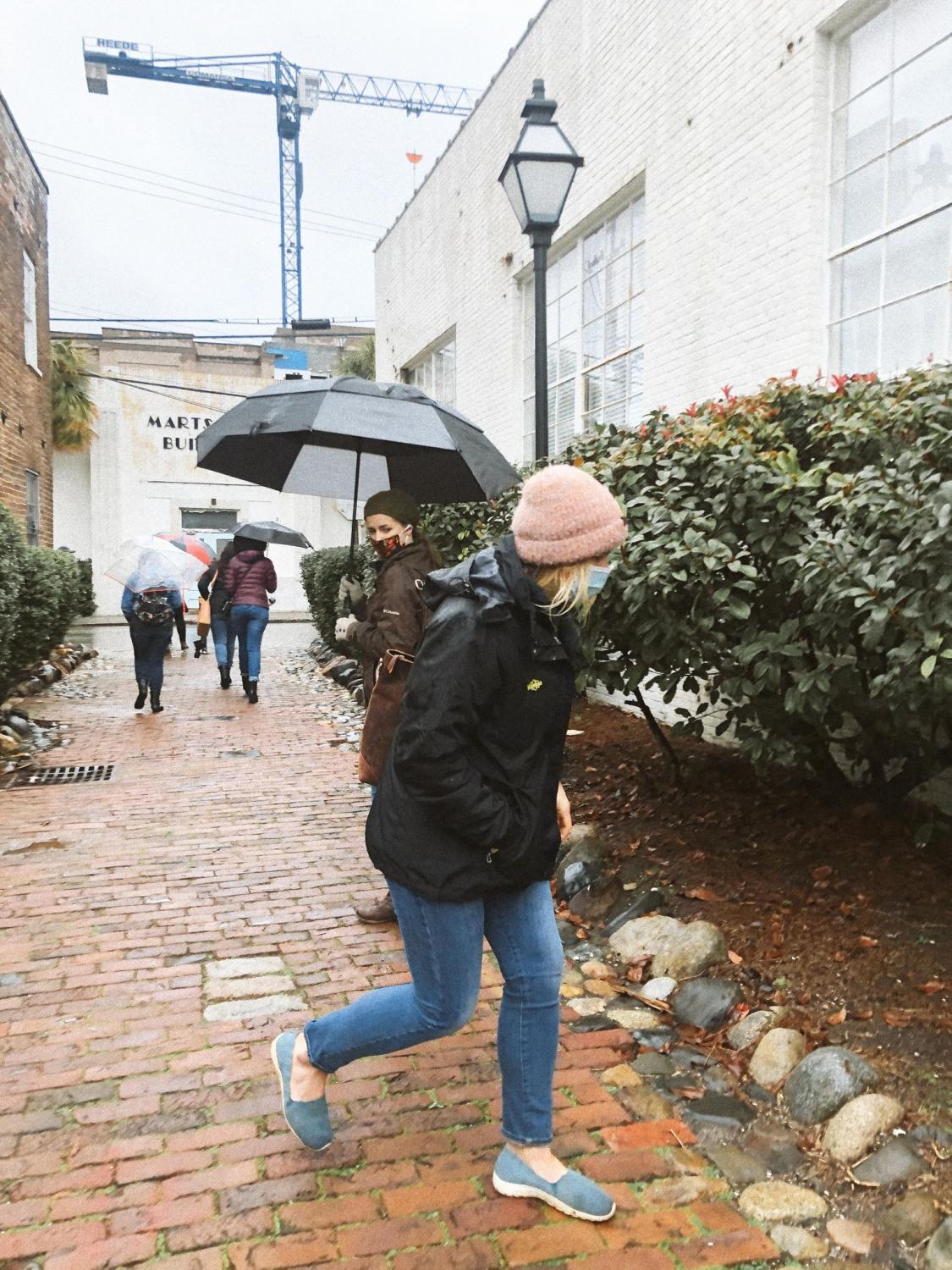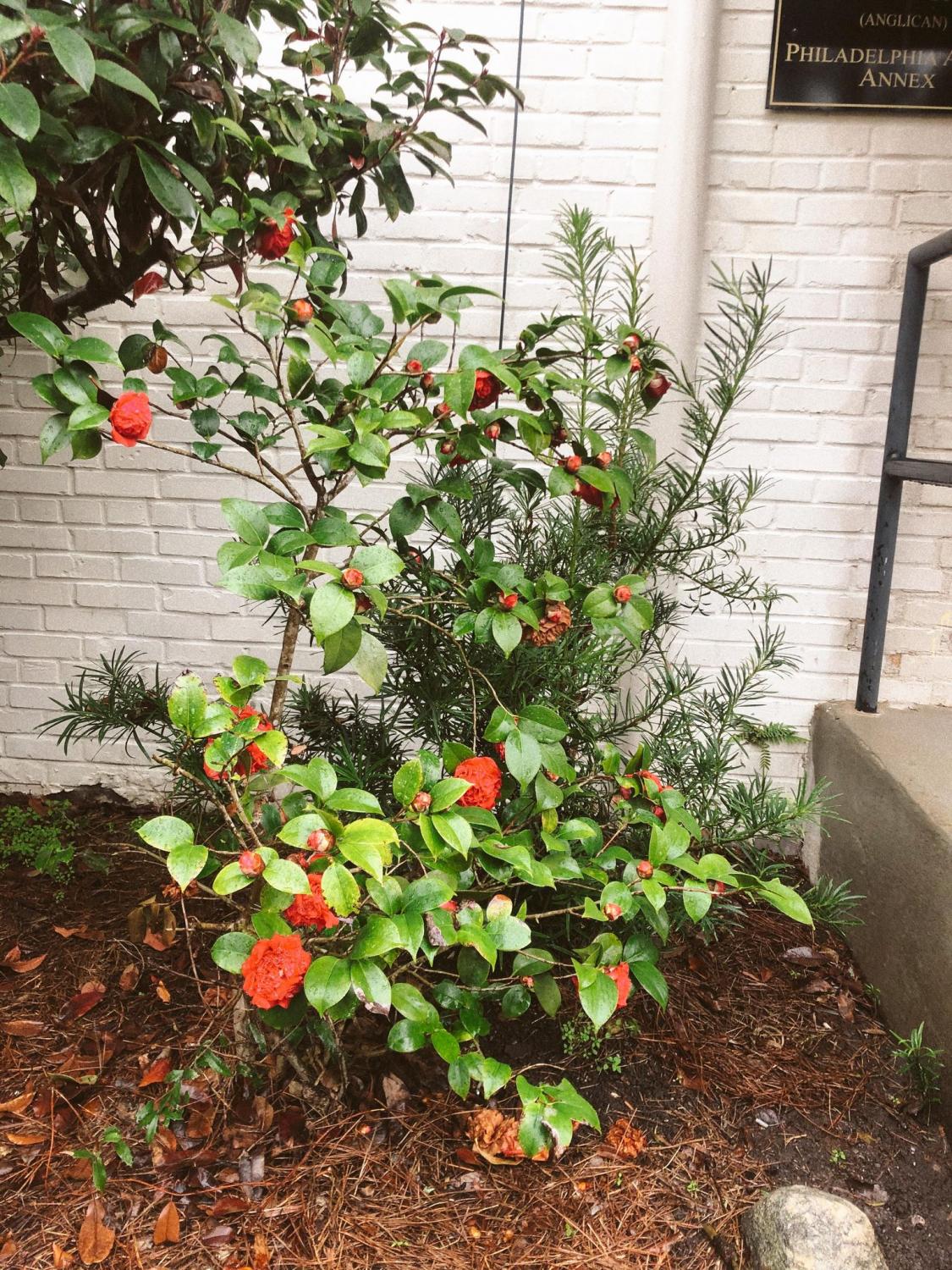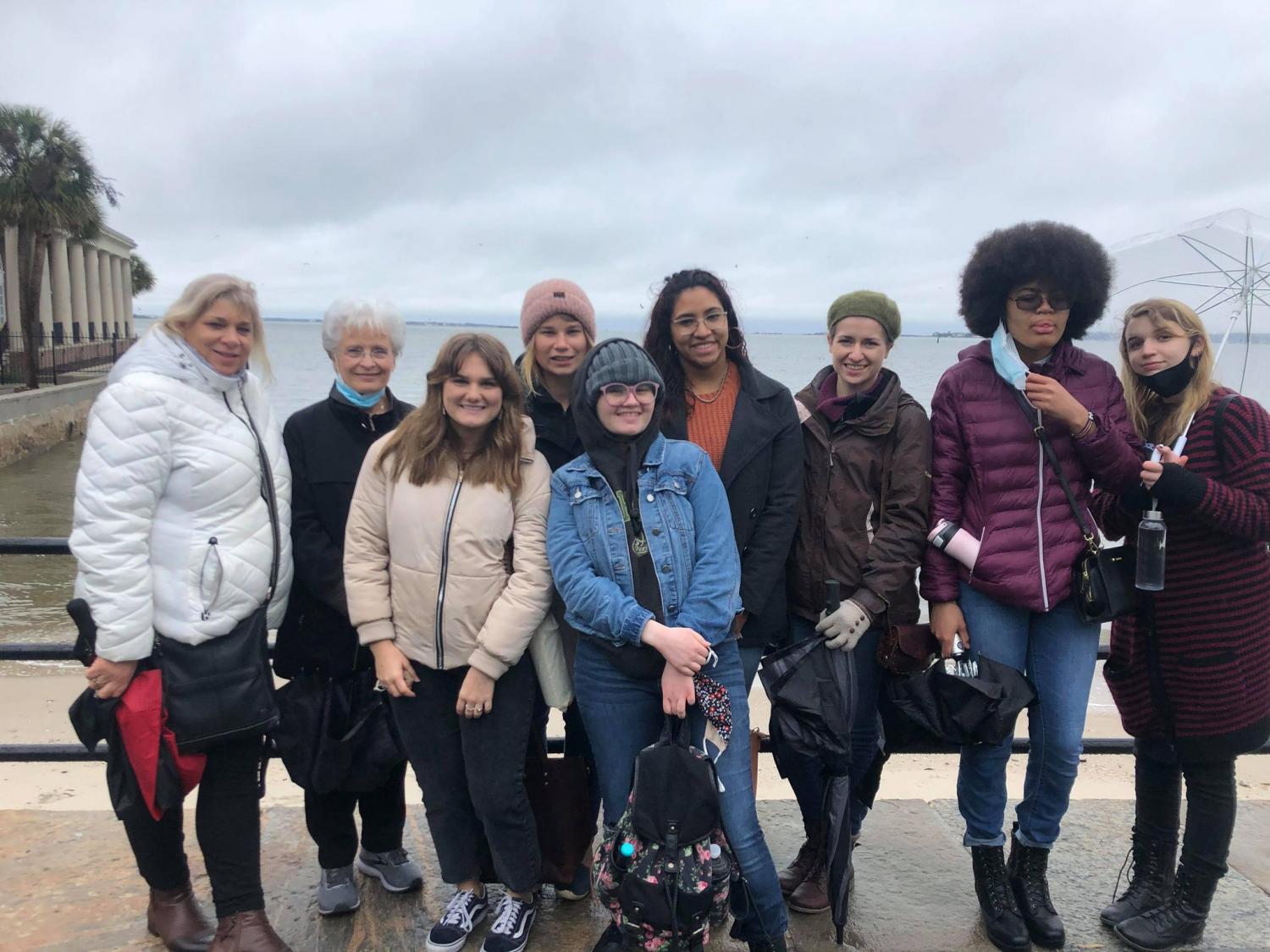Forum Summary: Africa
Author: Juliette McNair | Student, Living Education Charlotte 2021
Estimated reading time: 4 minutes, 45 seconds.
“Today, I’d like to enlarge your view of the world.” Mr. Peter Nathan, the Regional Director of Europe, Africa, and the U.K gave a Forum on the Work in Africa. Some may think of exotic wildlife or the Sahara when they think of this continent. But Mr. Nathan said, “Let me present to you a different view.” Africa represents twenty percent of the land area of the earth. “What does that mean to you and me?” This “continent of extremes” can fit the U.S.A, Japan, China, India, Mexico, and several European countries inside its borders. Mr. Nathan covered the three major spheres of operation for the Church in Africa.
Southern Africa
Mr. Nathan explained that southern Africa “can make you can feel like you’ve experienced the Kingdom of God ahead of time,” as some who have kept the Feast there can confirm. But it is also a region where an entire congregation can be incarcerated on the way home from services. Bordered by Zambia and Malawi in the north and the Cape in the south, this region was introduced to the World Tomorrow in the 60s, when it aired from stations in the Congo and Mozambique. The first baptizing tour in the region occurred in 1961, and an office in Johannesburg was set up in 1963. By the time Mr. Nathan was sent to the region in 1973, there were four congregations in Zimbabwe and six in South Africa, with members scattered around the region. Today, there are 190 members, eleven congregations, three regular Feast sites, and a summer Living Youth Program.
Eastern Africa
“We can focus on the center point: Lake Victoria.” Lake Victoria is the third largest body of freshwater in the world and is a major source of water for Egypt and eastern Africa. In 1975, Mr. Armstrong visited President Jomo Kenyatta of Kenya. From 1975 to the present, the Church has grown in Kenya, Tanzania, and Uganda. There are now 300-600 attendees, 29 congregations, and sixteen elders, with four Feast sites and an annual Living Youth Program in Kenya.
Central and Western Africa
In 1960, two radio stations in Sierra Leone and Nigeria projected Mr. Armstrong’s voice across central and western Africa. While the station in Nigeria brought a healthy response, the broadcast from Sierra Leone did not. Mr. Nathan shared a story: In 1961, a wealthy magistrate in Nigeria wrote to Pasadena asking, Please, come and baptize me and my nineteen wives. Several years later, this man was baptized. Ghana saw its first baptizing tour in 1971, and, two years later, after a civil war, a baptizing tour was conducted in Nigeria. In 1969, a man from eastern Ghana, after listening to the broadcast and studying the Church’s literature, started a congregation following the teachings of Mr. Armstrong. Today, this association has grown to include congregations in Togo, Benin, and Ghana, with an attendance of around 1,700. In 2019, LCG became aware of the group as it uses an identical name in the French language—Mr. Nathan said, “We’ll see what happens.”
Elders
Mr. Juvenal Karibwami speaks French, English, Romanian, and Swahili and serves as an elder in Burundi. In western Africa, Dr. Akin-Ogudeji serves as the area pastor. Mr. Urbain Hazoume, another non-employed elder, was educated in France. He runs a private school he established in Gabon, and his uncle is a king in Badagry, on the border of Nigeria and Benin. Mr. Jackstone Abok is retired and lives in Kenya on the shores of Lake Victoria. Mr. Nathan introduced two farmers from Tanzania who serve the Church: Mr. Ezekiel Mkama and Mr. Adonias Kando. In Nairobi, Mr. Peter Mutula serves as an elder. Mr. Ephraim Abok is the area pastor for western Kenya, while Mr. Simon Muthama is the area pastor for the rest of Kenya, Tanzania, and Uganda.
Opportunities and Challenges
In the 1950s, Andrew Dugger, “driven by the need to preach the Gospel throughout the world,” began teaching in Africa. Various Church of God Seventh Day Jerusalem congregations were established. Some of these congregations stayed faithful, not only to the Sabbath but to the Holy Days and other true doctrines. After the death of Andrew Dugger, many congregations, including Kenya, Rwanda, and Burundi were left without leadership. In the 90s, one of these congregations in Kenya contacted LCG. Mr. Nathan said, “Increasingly, we find people associated with Worldwide coming to us, because we are continuing to teach the truth they were once taught.”
A significant challenge to the Work in Africa is “the elephant in the room: Islam.” Mr. Nathan drew attention to the fact that he had not mentioned northern Africa. He explained there is little opportunity for the truth in this heavily Muslim region. This is why the Sierra Leone radio station broadcasting the World Tomorrow in the 60s didn’t bring much response. Islam dominates in the north, but, as the fastest-growing religion in Africa, it is fast spreading to the rest of the continent. “Islam is going to create a challenge as we go forward… We need to recognize that the time is short with some of these areas.” Other challenges for the Church in Africa include language translation, religion, travel dangers, and inconsistent technology infrastructure.
God Is Doing a Work
“We have lots of challenges, but God is doing a Work here.” Going forward, Mr. Nathan said Church literature could be translated into Swahili—there are 150 million Swahili speakers who can benefit from this project. The Work and the Church are alive and active in Africa, with hundreds of members spread across the southern, eastern, western, and central regions of the country. Mr. Nathan, with a long history of serving the Church in Africa, concluded, “Having been sent to Africa, I don’t seem to be able to get it out of my blood.”
This post is part of our new series of student-written content for LivingEd-Charlotte. These summaries cover topics originally presented by our faculty and guest speakers in our weekly Forum and Assembly. For more Assembly-related content check out our Second Thoughts posts.









